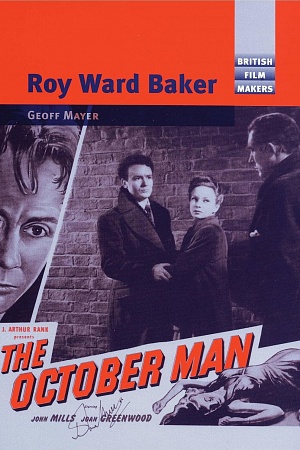Chasing the Light: How I fought my way into Hollywood: From the 1960s to Platoon
Monoray, $35 pb, 342 pp
Chasing the Light: How I fought my way into Hollywood: From the 1960s to Platoon by Oliver Stone
Reviewing Oliver Stone’s film Salvador for The New Yorker in 1986, Pauline Kael detected a ‘right-wing macho fantasy joined to a left-wing polemic’. That same compound, a politically unstable one, bubbles under the surface of Stone’s autobiography, Chasing the Light. Generally speaking, it is hard to separate judgement about an autobiography from that about its subject, since reading an autobiography is like a long stay at someone’s home, listening to them detail their life story around the dinner table, night after night. The problem is twofold when its author is so politically conflicted. As distinct from a film review, to review Oliver Stone’s autobiography is undeniably to review ‘Oliver Stone’.
Stone’s self-narrative is many-layered. Its early chapters offer a candid remembrance of his childhood, his bonds with his parents, the impact of their divorce, his years in an academically intense boarding school. Then comes his dropping out of Yale and his departure for Vietnam, first as a teacher, then as a soldier. Since the subtitle promises a ticket-of-entry to a filmmaker’s ‘fight’, the main event shows Stone struggling into Hollywood, dodging and weaving through the twists and turns of independent film financing, peppering the bout with punchy celebrity anecdotes. At times the book smacks of an award speech run long: a careful list, too exhaustive. At others it reads like a Borgesian riddle of mentorship, a career manual for an industry that doesn’t quite exist anymore. But the book’s interest lies less in these formal qualities than in the social implications of reading it, of spending three hundred pages with the man, of having to navigate the political fantasies that Kael saw in Salvador, that left-right combo of a masochist’s violence and pacifist’s plea.
Continue reading for only $10 per month. Subscribe and gain full access to Australian Book Review. Already a subscriber? Sign in. If you need assistance, feel free to contact us.











Leave a comment
If you are an ABR subscriber, you will need to sign in to post a comment.
If you have forgotten your sign in details, or if you receive an error message when trying to submit your comment, please email your comment (and the name of the article to which it relates) to ABR Comments. We will review your comment and, subject to approval, we will post it under your name.
Please note that all comments must be approved by ABR and comply with our Terms & Conditions.